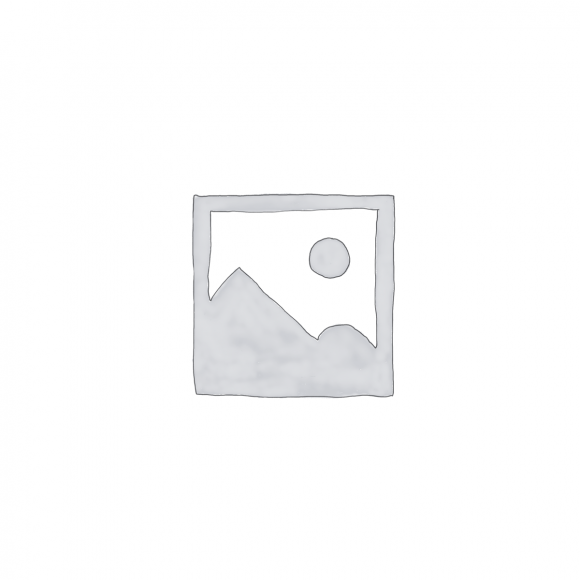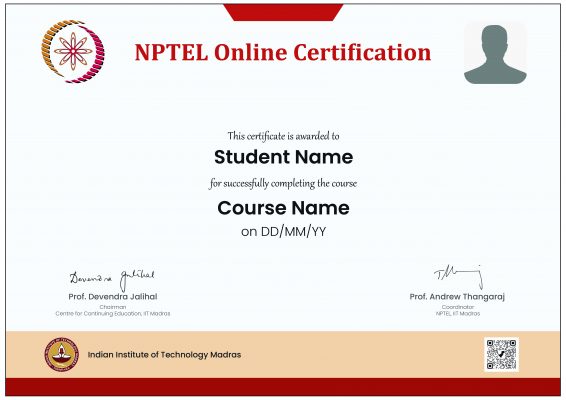Lecture 1
Classical/ Neo Classical Theory I
Greek and Roman models with an emphasis on classical qualities
Plato, Aristotle, Horace, Longinus
Theories of Drama, Poetry and Style
Lecture 2
Classical/ Neo Classical Theory II
Early Modern-Enlightenment (Philip Sidney, Dryden, Pope, Samuel Johnson, Locke, Addison, Hume)
Ars Poetica, Sublimity and the Satire
Lecture 3
Romanticism I
Early Nineteenth Century Romanticism
French and German Romanticism
Schiller, Stael
Kant and Hegel
Kant Critique of Judgement
Lecture 4
Romanticism II
English and American Romanticism
Wordsworth, Coleridge, Emerson, Poe
Poetic Diction, Fancy and Imagination
Preface to Lyrical Ballads (1800) Biographia Literaria (1817)
William Hazlitt “On Poetry in General”
Harold Bloom, ed., Romanticism and Consciousness (1970)
Lecture 5
Late Nineteenth Century
Realism and Naturalism
Eliot, Zola, Henry James
Symbolism and Aestheticism
Baudelaire, Walter Pater, Wilde
Art for Art’s Sake
Arnold and the Touchstone Method
Objective Correlative, Dissociation of Sensibility, Impersonality of Art
Lecture 6
Marxism
Marx, Engels
Dialectical Materialism, Economic Determinism
Manifesto, Das Kapital
Lukacs, The novel and socialist realism,
Ideology
Althusser/Gramsci- Power/Control; Rule/HegemonyEagleton
Frankfurt School; Adorno, W. Benjamin
Lecture 7
Twentieth Century Criticism
Formalism and New Criticism
Brooks, Well Wrought Urn, Irony as a Principle of Structure
Paul de Man, Eliot, A Tate
J C Ransom, The New Criticism
Will Empson, Seven Types of Ambiguity
The Chicago School, R S Crane
Shklovsky, Eichenbaum, Bakhtin, Jacobson
Defamiliarization, foregrounding, syuzhet/fabula
Prague Linguistic Circle
Lecture 8
Structuralism
Jean Piaget on “ Structure”
Saussure, Barthes
Lang/Par, synchro/diachronic analysis, syntagmatic/paradigm
Strauss – Mythologies
Jonathan Culler, Structuralist Poetics
Prague linguistic circle
Jakobson, Trubetskoy, Rene Wellek
Lecture 9
Archetypal Criticism
Bodkin, Archetypal Patterns in Poetry
Frazer, The Golden Bough
Frye, Anatomy of Criticism
C G Jung, Campbell, The Hero with a Thousand Faces
Characters, Narratives, Symbols
Lecture 10
Psychoanalysis
Freud, Jung, Lacan
The Interpretation of Dreams, complexes, defences, psychosexual stages and levels
Hamlet Psychoanalysed
Lacan, Jung and deviance from Freud
Metaphor, Metonymy
Lecture 11
Gender and Queer Theory
Woolf A Room of One’s Own, Gilbert and Gubar, Beauvoir, Showalter, Kristeva, Cixous, Mulvey
Ecriture Feminine, Gynocriticism, Literary Paternity
Radical, Liberal and Rational Feminism
Performativity, Butler Gender Trouble, Sedgwick
Queer Theory and LGBT criticism
Lecture 12
Post Structuralism
Derrida, Foucault, Lacan, Baudrillard, Kristeva, Barthes
Eco, The Open Work
Deconstruction
Derrida, Of Grammatology
“Differance”
Yale School
de Man, Hillis Miller
Semiology and the Rhetoric
Lecture 13
Reader Response and Reception
Husserl, Heidder, Jauss, Iser, Fish
1976 “Interpreting the Variorum”, Interpretive Communities
Is There A Text in This Class
R Ingarden, The Intentional Object and the layers of strata
Lecture 14
Post Colonialism
Fanon, Said, Spivak, Bhabha, Achebe
Hybridity, Liminality, Subaltern
The Wretched of the Earth, Orientalism, Black Skin White Masks
The Empire Writes Back
Barry on PoCo
Colonial Mimicry
Lecture 15
New Historicism
The New Historicism (1989)
Greenblatt, Cultural Poetics, Towards a Poetics of Culture (1987)
Foucault, Derrida and other influences
L Montrose on N.H
Renaissance Self -Fashinoning: From More to Shakespeare
British Cultural Materialism
Lecture 16
Semiotics
Charles Sanders Pierce
Chomsky, Aspects of the Theory of Syntax
Eco, A Theory of Semiotics
Jameson, The Prison House of Language
Barthes S/Z
Lecure 17
Film Studies
Major Film Movements
Cinema and Modernism
Ideology, Character, Plot, Semiotics and Genres
Editing
Intertext
Classic and New Hollywood
Key Concepts in Film Studies
Lecture 18
Ecocriticism
Ecocriticism and Green Studies
British Romanticism and American Transcendentalism
Nature Vs. Culture debates
Energy, Entropy, Symbiosis
Anthropocentrism and Patetic Fallacy
Ecocritical Readings and Linguistic Determinism




Reviews
There are no reviews yet.